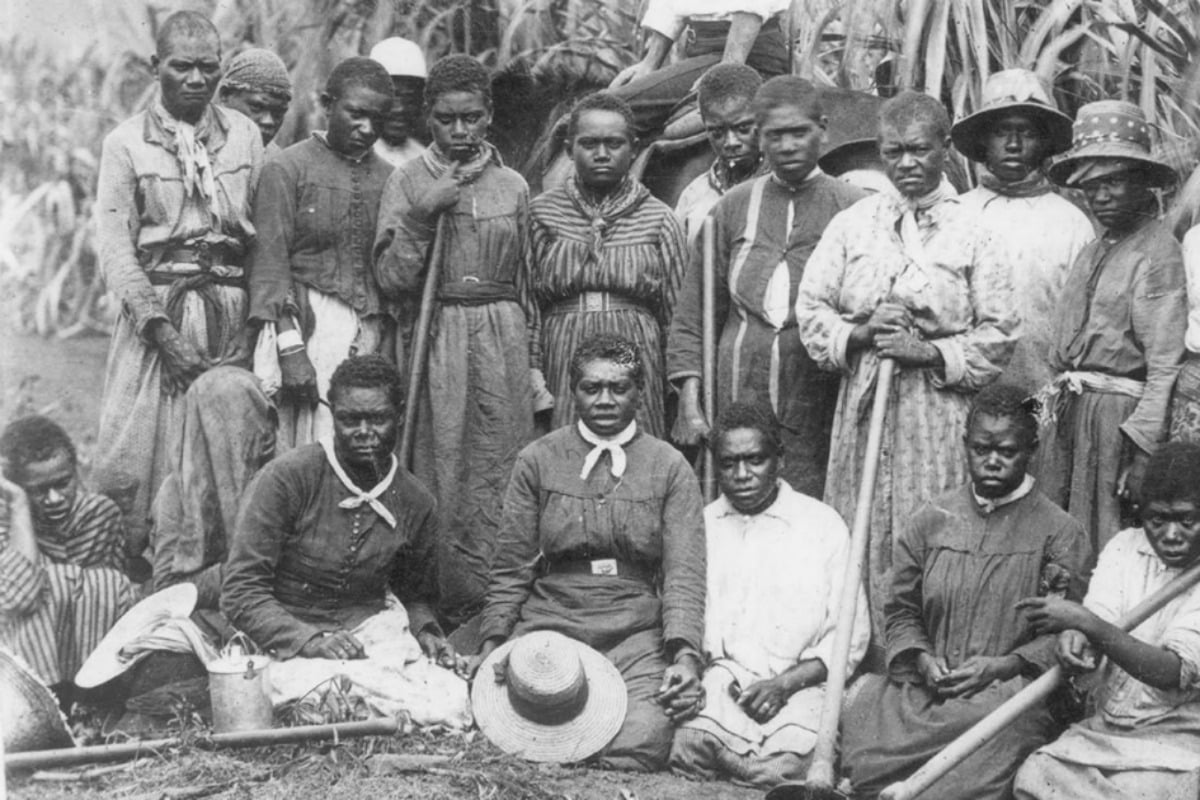
Her name was Sarah.
In the 1930s in Queensland, my great-grandma, a woman of colour, was pulled off her horse and beaten to near-death by a white man.
She went home and essentially slowly died in her bed. No point in getting the police involved. No access to medical support. When you die at the hands of a white man, apparently that’s your own secret shame and fault.
The man who killed her was someone in the town who had raped her on a number of occasions. This was not uncommon, apparently, that women of colour would be sexually abused by white men in the town who called them ‘sluts’ and ‘trollops’ and taunted them. We don’t know if, on that day, she had rejected his advances or there had been a disagreement. But Nana recalls vaguely (as she was only three years old) that her mother, Sarah, came home, laid in bed for days and later died.
Nana and her five-year-old brother were taken in by a couple who had no children of their own. An Aboriginal woman and her aggressive white partner. Domestic violence and sexual abuse marred the rest of Nana’s childhood in that foster home until she escaped as a teen. Nana and her brother had light brown skin, and it was explained to them that their mother was a South Sea Islander and their father was a Dutchman who had left them and their mother to marry a white woman.

Top Comments
This comment was removed by Mamamia's moderators because it violated our community guidelines. You can read more about Mamamia's community policies here.